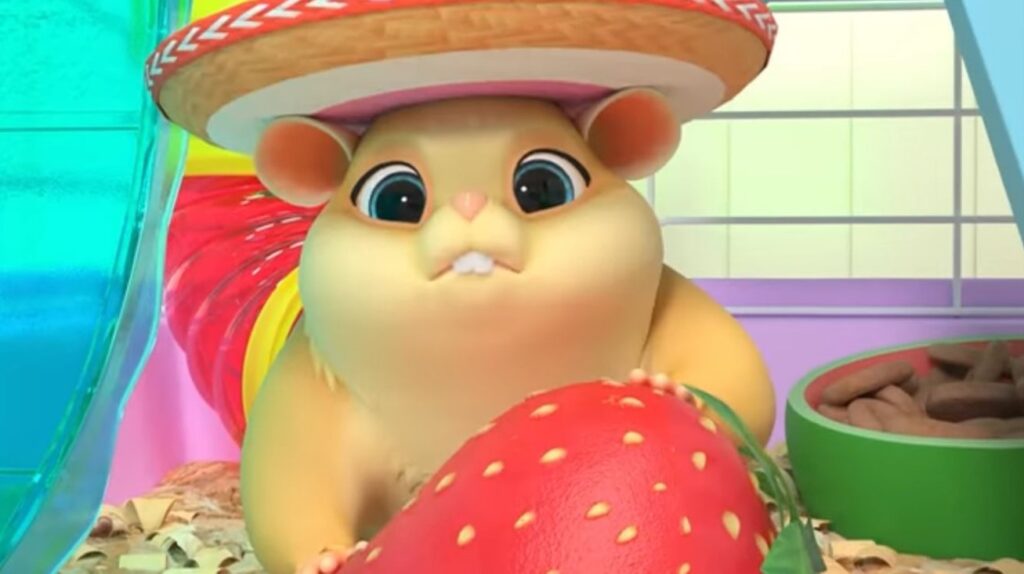Dental Anomalies and Conditions:
Cats can experience various dental anomalies and conditions, just like humans and other animals.
Here are some common dental issues that can affect cats:
1. Periodontal Disease:
This is one of the most common dental problems in cats. It occurs when there is an inflammation or infection of the tissues surrounding the teeth. Plaque and tartar buildup can lead to gum disease, tooth loss, and oral pain if left untreated.
2. Tooth Resorption:
Also known as feline odontoclastic resorptive lesions (FORLs), tooth resorption is a painful condition where the cat’s own body breaks down and absorbs the structures of the tooth. It can result in the loss of tooth structure and exposure of sensitive nerves.
3. Gingivitis/Stomatitis:
Gingivitis is the inflammation of the gums, and stomatitis refers to the inflammation of the oral mucous membranes. Cats with these conditions may have swollen, red, and bleeding gums, and they may experience difficulty eating due to oral pain.
4. Malocclusion:
Malocclusion refers to misalignment of the teeth, where the upper and lower jaws do not meet correctly. It can cause difficulty in chewing, pain, and potential dental wear abnormalities.
5. Tooth Fractures:
Cats can experience tooth fractures due to trauma or chewing on complex objects. Fractured teeth can be painful and may require extraction or other dental treatments.
6. Oral Tumors:
Cats can develop tumors in their oral cavity, including squamous cell carcinoma, fibrosarcoma, and melanoma. These tumors may cause swelling, bleeding, and difficulty eating.
If you suspect any dental issues in your cat, it is important to consult a veterinarian. Regular dental check-ups, professional cleanings, and a good dental hygiene routine at home can help prevent or manage these conditions.
FAQs:
Of course, there’s a frequently asked questions section about dental care for cats:
1. How often should I brush my cat’s teeth?
Ideally, you should aim to brush your cat’s teeth daily. However, even a few times a week can significantly help reduce the risk of dental problems.
2. Can I use human toothpaste for my cat?
No, you should never use human toothpaste for cats. Human toothpaste contains ingredients that can be toxic to cats if ingested. Instead, use toothpaste specifically formulated for cats.
3. How do I introduce tooth brushing to my cat?
Start slowly by getting your cat used to having their mouth touched. Use a cat-friendly toothbrush or fingerbrush and gradually introduce toothpaste. Be patient and use positive reinforcement to make the experience positive.
4. What if my cat refuses to let me brush their teeth?
If your cat is resistant to tooth brushing, consult your veterinarian. They might recommend dental treats, dental diets, or other oral care products that can help improve your cat’s dental health.
5. Are dental diets effective for cats?
Yes, dental diets formulated to promote oral health can be beneficial. These diets are designed to reduce plaque and tartar buildup as cats chew, but they shouldn’t be the sole method of dental care.
6. When should I seek veterinary care for my cat’s dental issues?
If you notice signs like bad breath, swollen or bleeding gums, difficulty eating, or any changes in your cat’s behavior related to its mouth, it’s time to consult a veterinarian.
7. How are dental issues in cats treated?
Treatment depends on the specific issue. It might involve professional dental cleaning under anesthesia, extractions for severely affected teeth, or treatment of oral infections. Your vet will recommend the best approach.
8. Can dental issues in cats affect their overall health?
Yes, dental problems can lead to pain, difficulty eating, and oral infections. These issues can have systemic effects on a cat’s overall health, including its heart, liver, and kidneys.
9. Is anesthesia necessary for dental procedures in cats?
Anesthesia is usually necessary for thorough dental procedures in cats. This ensures their safety and allows the veterinarian to thoroughly examine and clean.
10. How can I prevent dental issues in my cat?
Regular dental care, including tooth brushing, feeding dental diets or treats, and annual veterinary dental check-ups, can significantly reduce the risk of dental problems in cats.
Remember, your veterinarian is the best source of information and guidance when it comes to your cat’s dental health. If you have concerns or questions, don’t hesitate to reach out to them for advice tailored to your cat’s specific needs.




